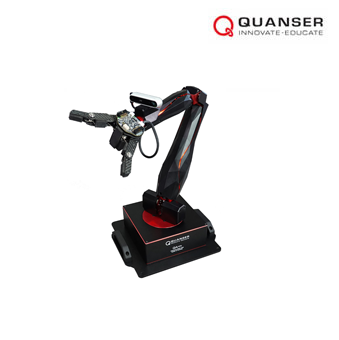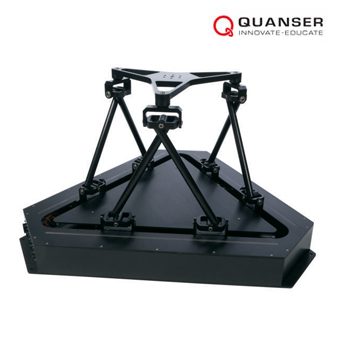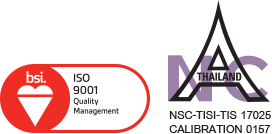Quanser Mechatronic Actuators Board
Product Detail
Introducing students to actuators and their applications
Understanding the various types of actuators which are available, as well as the differences between them is key to making informed design decisions. Designed exclusively for the NI ELVIS III platform and LabVIEW™, the Quanser Mechatronic Actuators board exposes students to industry-grade measurement and command fundamentals for the four most common actuator types: brushed DC motors, brushless DC motors, stepper motors, and servo motors.
Overview
A mechatronic system must, by its very nature, interface between electronic and mechanical components. When an electronic system manipulates a mechanical component, an actuator is necessary. Due to cost and dynamic constraints, the vast majority of actuators used in mechatronics consist of some form of rotary drive connected to an armature. The Quanser Mechatronic Actuators Board provides hands-on experience controlling and measuring the performance of the four most common actuator types: brushed DC motors, brushless DC motors, stepper motors, and servo motors.
Features
– Four Complete Actuator Systems: Includes a brushed DC motor with linear and PWM amplifiers, brushless DC motor, stepper motor, and servo motor
– Open and Customizable: Access and customize all levels of the interfacing and control software using LabVIEW FPGA
– Comprehensive Courseware: Includes fully customizable ABET-aligned workbooks, software, and additional resources
– Accelerate Discovery: Learn the fundamentals of actuator theory, command, and design considerations
Courseware Topics
– DC Motors: Brushed DC motors, brushless DC motors, design considerations
– Power Amplifiers: Linear power amplifiers, pulse width modulation amplifier, design considerations
– Position Controlled Actuators: Stepper motors, servomechanical actuators, design considerations
Specifications
– Brushed DC motor with speed sensor and current sense
– Linear and PWM amplifier for brushed DC motor
– Brushless DC motor with access to Hall-effect sensor data
– Stepper motor with full, half, wave, and micro stepping configuration
– PWM-controlled analog servo motor











































































